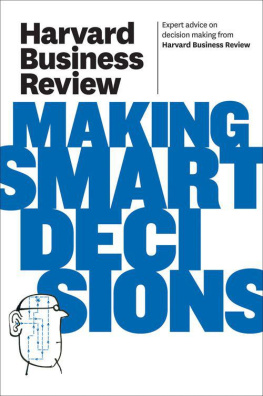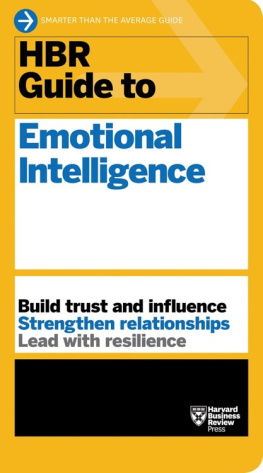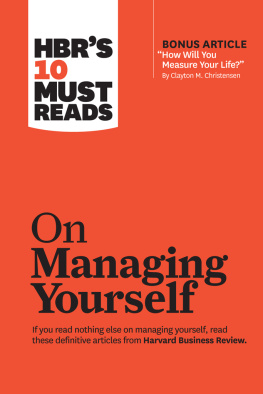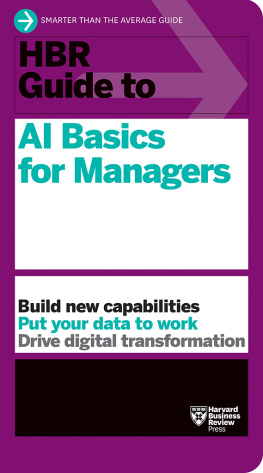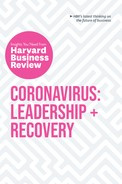Harvard Business Review - The Year in Tech, 2021: The Insights You Need From Harvard Business Review
Here you can read online Harvard Business Review - The Year in Tech, 2021: The Insights You Need From Harvard Business Review full text of the book (entire story) in english for free. Download pdf and epub, get meaning, cover and reviews about this ebook. year: 2020, publisher: Lightning Source Inc. (Tier 2), genre: Romance novel. Description of the work, (preface) as well as reviews are available. Best literature library LitArk.com created for fans of good reading and offers a wide selection of genres:
Romance novel
Science fiction
Adventure
Detective
Science
History
Home and family
Prose
Art
Politics
Computer
Non-fiction
Religion
Business
Children
Humor
Choose a favorite category and find really read worthwhile books. Enjoy immersion in the world of imagination, feel the emotions of the characters or learn something new for yourself, make an fascinating discovery.

- Book:The Year in Tech, 2021: The Insights You Need From Harvard Business Review
- Author:
- Publisher:Lightning Source Inc. (Tier 2)
- Genre:
- Year:2020
- Rating:5 / 5
- Favourites:Add to favourites
- Your mark:
- 100
- 1
- 2
- 3
- 4
- 5
The Year in Tech, 2021: The Insights You Need From Harvard Business Review: summary, description and annotation
We offer to read an annotation, description, summary or preface (depends on what the author of the book "The Year in Tech, 2021: The Insights You Need From Harvard Business Review" wrote himself). If you haven't found the necessary information about the book — write in the comments, we will try to find it.
Harvard Business Review: author's other books
Who wrote The Year in Tech, 2021: The Insights You Need From Harvard Business Review? Find out the surname, the name of the author of the book and a list of all author's works by series.
The Year in Tech, 2021: The Insights You Need From Harvard Business Review — read online for free the complete book (whole text) full work
Below is the text of the book, divided by pages. System saving the place of the last page read, allows you to conveniently read the book "The Year in Tech, 2021: The Insights You Need From Harvard Business Review" online for free, without having to search again every time where you left off. Put a bookmark, and you can go to the page where you finished reading at any time.
Font size:
Interval:
Bookmark:
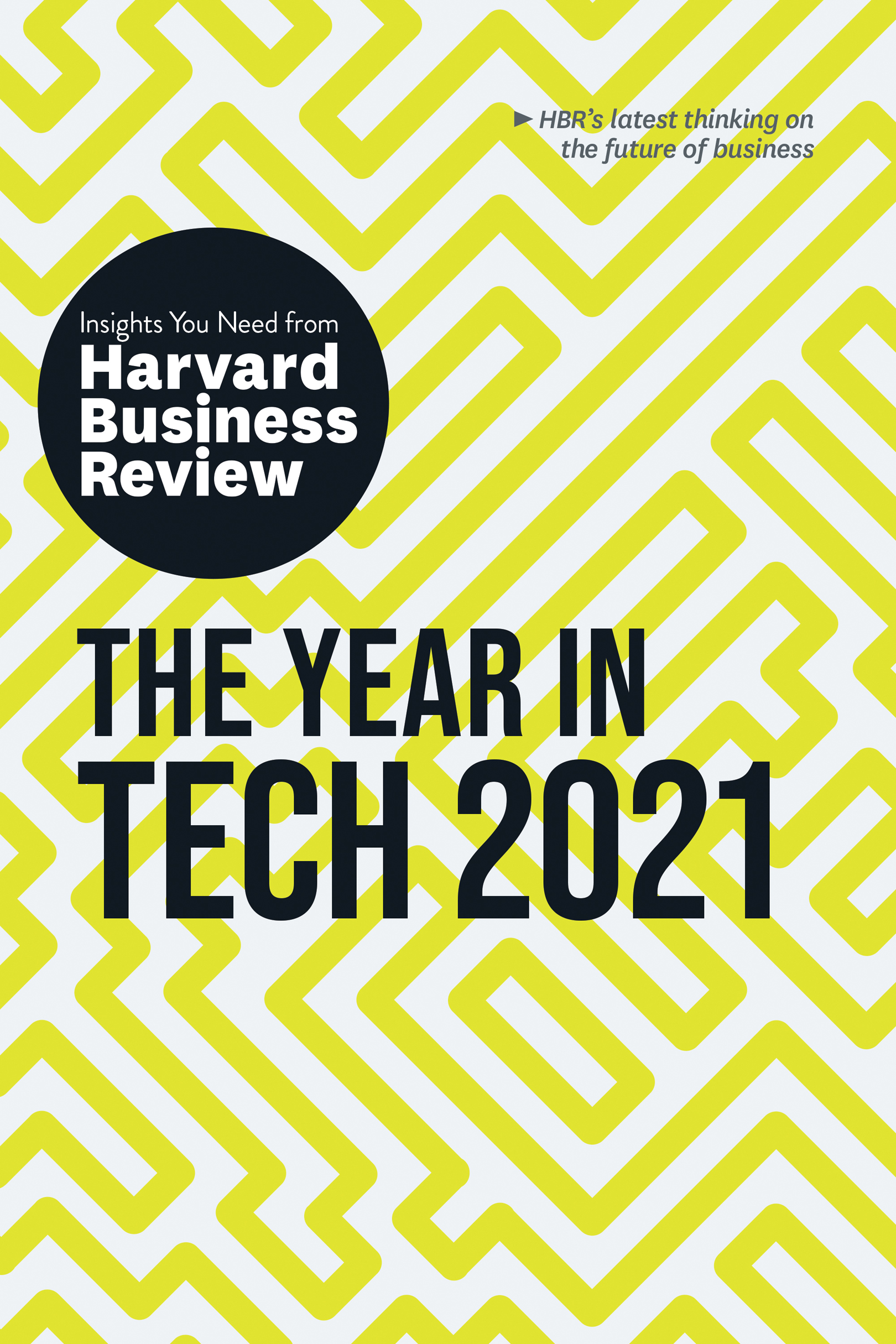
Insights You Need from Harvard Business Review
Business is changing. Will you adapt or be left behind?
Get up to speed and deepen your understanding of the topics that are shaping your companys future with the Insights You Need from Harvard Business Review series. Featuring HBRs smartest thinking on fast-moving issuesblockchain, cybersecurity, AI, and moreeach book provides the foundational introduction and practical case studies your organization needs to compete today and collects the best research, interviews, and analysis to get it ready for tomorrow.
You cant afford to ignore how these issues will transform the landscape of business and society. The Insights You Need series will help you grasp these critical ideasand prepare you and your company for the future.
Books in the series includes:
Agile
Artificial Intelligence
Blockchain
Climate Change
Coronavirus: Leadership and Recovery
Customer Data and Privacy
Cybersecurity
Monopolies and Tech Giants
Strategic Analytics
The Year in Tech 2021

HBR Press Quantity Sales Discounts
Harvard Business Review Press titles are available at significant quantity discounts when purchased in bulk for client gifts, sales promotions, and premiums. Special editions, including books with corporate logos, customized covers, and letters from the company or CEO printed in the front matter, as well as excerpts of existing books, can also be created in large quantities for special needs.
For details and discount information for both print and
ebook formats, contact ,
tel. 800-988-0886, or www.hbr.org/bulksales.
Copyright 2020 Harvard Business School Publishing Corporation
All rights reserved
No part of this publication may be reproduced, stored in or introduced into a retrieval system, or transmitted, in any form, or by any means (electronic, mechanical, photocopying, recording, or otherwise), without the prior permission of the publisher. Requests for permission should be directed to , or mailed to Permissions, Harvard Business School Publishing, 60 Harvard Way, Boston, Massachusetts 02163.
The web addresses referenced in this book were live and correct at the time of the books publication but may be subject to change.
Cataloging-in-Publication data is forthcoming.
ISBN: 978-1-63369-907-6
eISBN: 978-1-63369-908-3
- Technology is revealing the world in a new way.
- by David Weinberger
- Opportunities and challenges for the fastest-growing technology since the smartphone.
- by Kane Simms
- Retailers have made huge investments, but beware tempting gadgets.
- by Darrell K. Rigby, Mikey Vu, and Asit Goel
- Poorly designed algorithms will exacerbate hiring bias, not fix it.
- by Tomas Chamorro-Premuzic, Frida Polli, and Ben Dattner
- Starting one because of FOMO is never a good idea.
- by David Furlonger and Christophe Uzureau
- Tech is moving trainees away from learning opportunities and experts away from the action.
- by Matt Beane
- Its not just faster internet.
- by Omar Abbosh and Larry Downes
- Neurometrics help us get a clearer view into the minds of consumers.
- by Jacob L. H. Jones, Matthew Gillespie, and Kelsey Libert
- New devices will be the primary means by which individuals interact with the world.
- by Lauren Golembiewski
- The emergence of digital campfires.
- by Sara Wilson
- Users concerns arent reflected in their behaviors.
- by Bhaskar Chakravorti
- What we risk by not imagining the unknown.
- by Stuart Madnick
- Use the tech companies strengths and size against them.
- by Thales S. Teixeira
by David Weinberger
The articles in this collection look forward from where we are. Grounded in current realities, they point to technologies that business leaders and managers need to be considering now to see how they might be useful, threatening, or perhaps transformative.
But imagine instead that we are looking backward at today from some distant-future vantage point. In this light, these articles also reveal to us how were thinking about technology these days.
The most obvious point is that when businesses think about technology today, theyre usually thinking about digital, connected technology firstAI, blockchain, 5G, connected productsand not about, say, the remarkable advances in genetics, medicine, energy, andwe hopeclimate engineering that are likely to transform our lives in the coming years. Thats surely not because those disciplines are less important than the digital realm. Rather, our current focus points to some fundamental facts about business. To start, it reminds us that the work companies do is relational and connective. It is about people collaborating to offer products and services, about reaching customers and users, and about the way those users then interact with the business and other users. Thats true of virtually all companies, whether based in technology or not.
The overwhelming importance of the type of digital connected technology we now take for granted also makes clear the extent to which businesses have come to embrace the chaos of life, work, and markets. Back in the old days, we thought we could reduce our business practices to relatively simple maps of processes, and we were confident we could manage and control our potential customers by managing and controlling the information we gave them. Now that anyone can connect with anyone else, its become manifest that if you look closely enough, everything is an exception because everyone is a unique individual and every circumstance is new. In practice, this means that it will always remain a mystery why last week readers clicked on your ad with the yellow background 2% more than the ad with the green one.
That perhaps explains why the word disrupt makes so many appearances in this book decades after the Internet first rumbled and then exploded into the world: Disruption continues to be an accurate description of the way we move forward these days, for the Internet has disrupted not only our old ways of doing things, but even our idea of how progress works.
Now AIespecially machine learningis beginning to reveal our world in a new way. Machine learning systems generate models from data that are as complex as they need to be in order to produce accurate results. These models dont suffer from the human need to reduce complicated situations to a handful of broad strokes of causality and influence that we can understand and rely on. Instead, businesses are learning that they can gain solid benefits by allowing the machines to go hog wild in discerning complex data correlations. This is enabling businesses to see more clearly, and to acknowledge more thoroughly, the messy chaos in which we all live.
We used to think that progress was a relatively low slope headed up a long mountain, with occasional steep steps marking an invention of consequence. But overall, progress was slow, steady, and incremental. Now, as the articles in this book show, progress is about blowing up the entire slope and the mountain it climbs.
Font size:
Interval:
Bookmark:
Similar books «The Year in Tech, 2021: The Insights You Need From Harvard Business Review»
Look at similar books to The Year in Tech, 2021: The Insights You Need From Harvard Business Review. We have selected literature similar in name and meaning in the hope of providing readers with more options to find new, interesting, not yet read works.
Discussion, reviews of the book The Year in Tech, 2021: The Insights You Need From Harvard Business Review and just readers' own opinions. Leave your comments, write what you think about the work, its meaning or the main characters. Specify what exactly you liked and what you didn't like, and why you think so.

